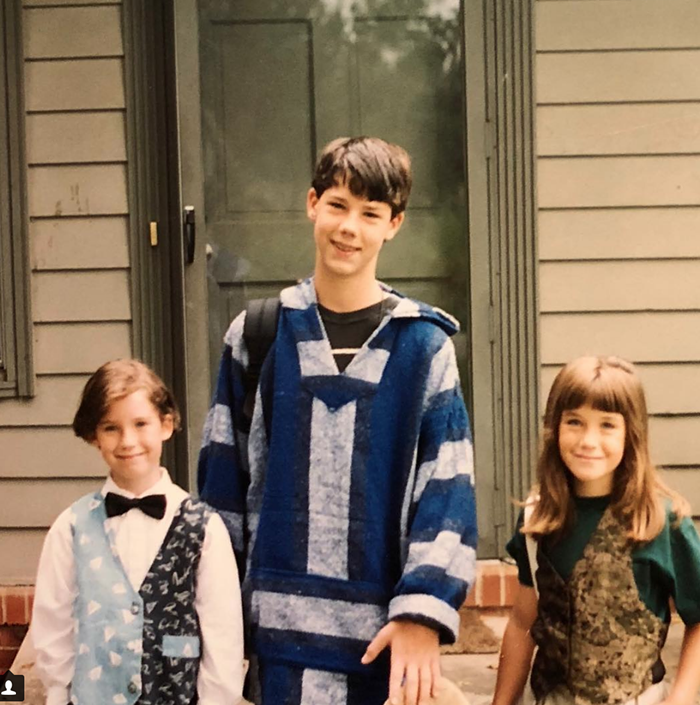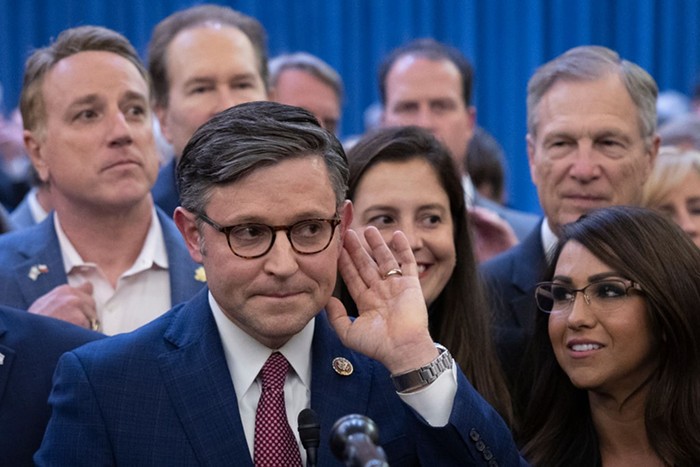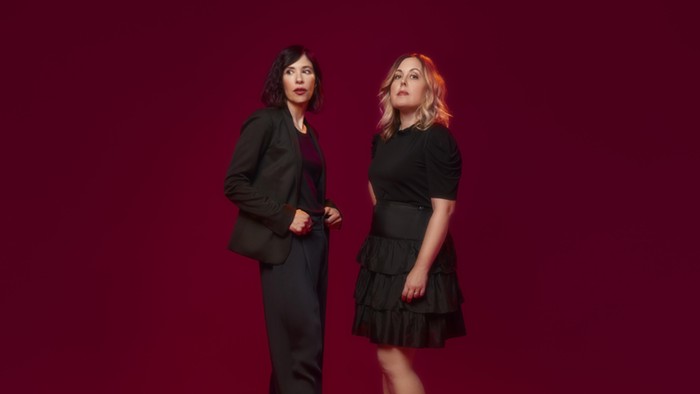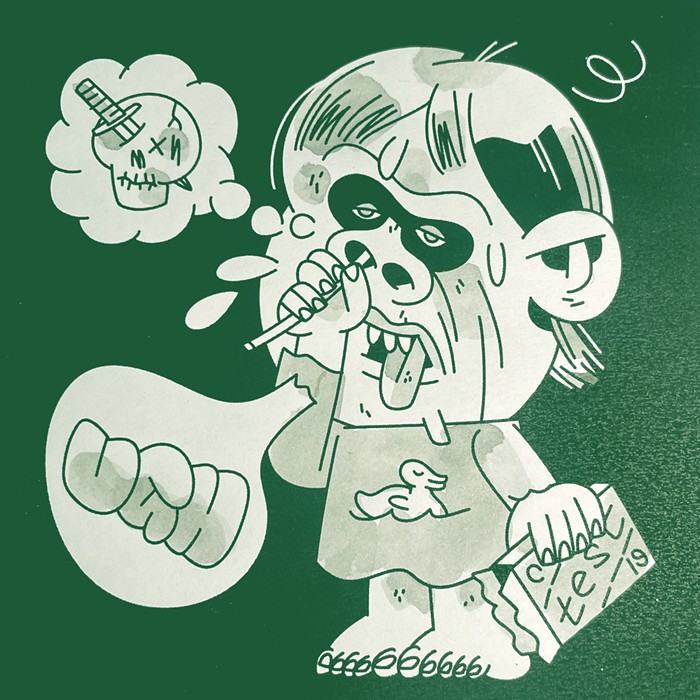
This week the Atlantic published a piece by John McWhorter, a linguist at Columbia who has occasionally inspired controversy for, among other things, arguing that affirmative action should be based on class, not race. This article, his first as a newly minted contributing editor at the Atlantic, is about an issue nearly as hot-button as affirmation action: the singular "they."
"They," for those who don't spend much time around the youths, is the preferred pronoun du jour, mostly for people who claim nonbinary identities. That is, they are not men or women, he or she, they are they. It's confusing at first, but you get used to it. McWhorter tends to take contrarian positions at times, and so I was surprised in his piece to see that he's embraced the singular "they." Not without some struggle—which is understandable after a lifetime of using "they" to refer to more than one person—but, as he writes, "pronouns never sit still." McWhorter has come to see the term as an interesting development in language, which, as we all know, evolves.
McWhorter doesn't really get into the politics of the singular "they," but it is a political term. "They" is a rejection of the conventional, binary model of gender, in which males are seen as "he" and females as "she." It's a term that got its start in queer circles, but it has expanded and evolved over time. I first heard the term nearly 10 years ago, when it was used largely by gender role-nonconforming people, most of whom were gay, lesbian, bisexual, queer, or trans. Today, its use has broadened to encompass not just nonbinary, trans, or queer identities but also some people who fully conform to gender stereotypes (i.e., feminine females who are attracted to men and masculine males who are attracted to women), who, for whatever reason, prefer the pronoun "they."
I'm fine with this. If you want to call yourself "they," go for it.
There is, however, another trend emerging as this term gets more widespread acceptance, and that is the automatic assumption that whomever you are speaking with goes by "they." If you don't know someone's pronouns, the thinking goes, "they" is a safe, inclusive, gender-neutral alternative. I appreciate the nod towards sensitivity and inclusion, but while "they" might be gender neutral, it's not actually neutral in itself. It means "not cis," and for those of us who happily identify as our sex at birth, being called "they" is as much misgendering as referring to nonbinary people as "he" or "she."
I suspect that "they" is most often lobbed onto people who look like me; that is, butch women. I have short hair, wear clothing from the men's section, and would look like a very awkward drag queen in a dress. When young, queer, online people meet me (or already know me), I am just as often referred to as "they" as I am "she," no questions asked. This looks, in practice, a whole lot like female erasure to me.
Being misgendered, either deliberately or unconsciously, is hardly novel in my life. As a young tomboy who wore my big brother's clothes and preferred skateboards and baseball to Barbie, I was constantly, daily mistaken for a boy. (You can probably see why in the photo above. I'm the future lesbian on the left. Incidentally, my twin sister, on the right, grew up to be straight.) I hated this as a kid—there was little more embarrassing for me than hearing my parents say, "Actually, she's a girl," every time I met someone new.
While I'm less frequently mistaken for a boy now than I was as a kid, it still happens. For some reason, I tend to get "he" and "sir" most often in airports. Not that long ago, I was in the Denver airport when a man knocked into me with his bag. He turned around and apologized, saying, "I'm sorry, ma'am," then immediately did a double-take and corrected himself: "Oh, I mean, sir."
These days, when an unknowing stranger refers to me as "young man," I'm generally more amused than embarrassed—especially when I'm with my girlfriend, who adores when people think I'm her teenage son. I know the mistake comes not from malice but ignorance. But when people, especially queer people, see someone like me and assume that I must prefer "they" because of my appearance, I feel like I'm 7 years old again, desperately willing people to see that girls can have short hair too.
I'm not alone in this. In an article in Slate, Lena Wilson, who, like me, is a butch lesbian, writes, "being a woman is integral to my identity, and it hurts when people in my own community assume I am not one because of the way I style and dress myself." I feel the same. The clothes I'm comfortable in don't determine my sex or my gender, and by assuming that because I prefer pants to skirts I'm somehow not a woman isn't just an insult to me, it narrows the definition of what it is to be a woman. "They" might be an interesting evolution of language, but it's hard to see what's so progressive about that.



















